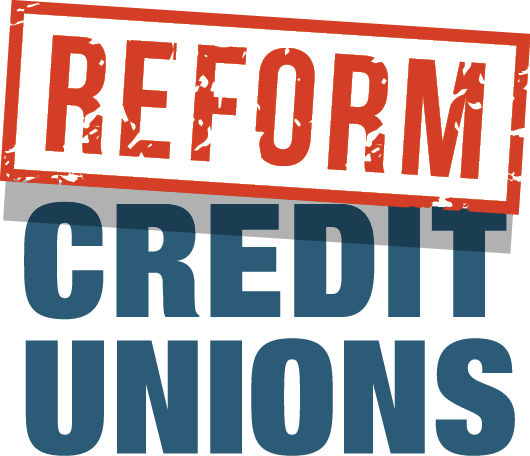Consumer protection is supposed to be a core component of the credit union mission. As not-for-profit financial cooperatives, credit unions often claim that their corporate structure ensures high standards of consumer compliance (after all, they’re member owned!). But one Delaware credit union’s recent legal woes demonstrate the hypocrisy of that tired industry mantra.
Facing a class-action suit from its members, Del-One Federal Credit Union’s overdraft disclosures may have violated federal law and even amounted to fraud according to a federal district court.
Credit unions are not subject to consumer compliance exams by their primary regulator, the National Credit Union Administration (NCUA). Credit unions like Del-One with assets of less than $10 billion are also not subject to CFPB supervision. Consequently, neither the NCUA nor the CFPB reviewed Del-One’s practices regarding overdraft fees.
Although NCUA Chairman Todd Harper solicited comments on a 2019 proposal to develop a consumer compliance exam program for credit unions, no such proposal has been finalized. While the NCUA does conduct safety and soundness reviews, this regulatory gap is unique to the credit union industry and puts consumers at risk.
In October 2019, “Harper noted the NCUA’s approach to consumer financial protection reviews also runs counter to the congressionally mandated mission of the Federal Financial Institutions Examination Council, which works to develop uniform standards and processes across all financial institution regulators.” These exams might have determined whether Del-One’s overdraft program complied with existing law, but credit unions’ unwarranted special treatment allowed Del-One to avoid this scrutiny.
Focused consumer compliance exams aren’t the only regulatory requirement that credit unions have dodged thanks to feel-good PR about their member-oriented structure. The Del-One story should galvanize policymakers to reconsider some of the other exemptions that might compromise the financial well-being of unsuspecting credit union members.
A good place to start might be the Community Reinvestment Act. Credit unions of all sizes are still exempt from the CRA regardless of their field of membership structure, and despite available data suggesting they do a poor job of serving low- and moderate-income communities. Policymakers should revisit the credit union exemption as they contemplate changes to the CRA.
If nothing else, the avoidable situation involving Del-One should make one thing clear to all policymakers: consumers will not be fully protected until credit unions are subject to compliance exams. Platitudes about mission and member-owned cooperatives should not provide a free pass from meaningful supervision – from regulators, consumer groups, or Congress.
